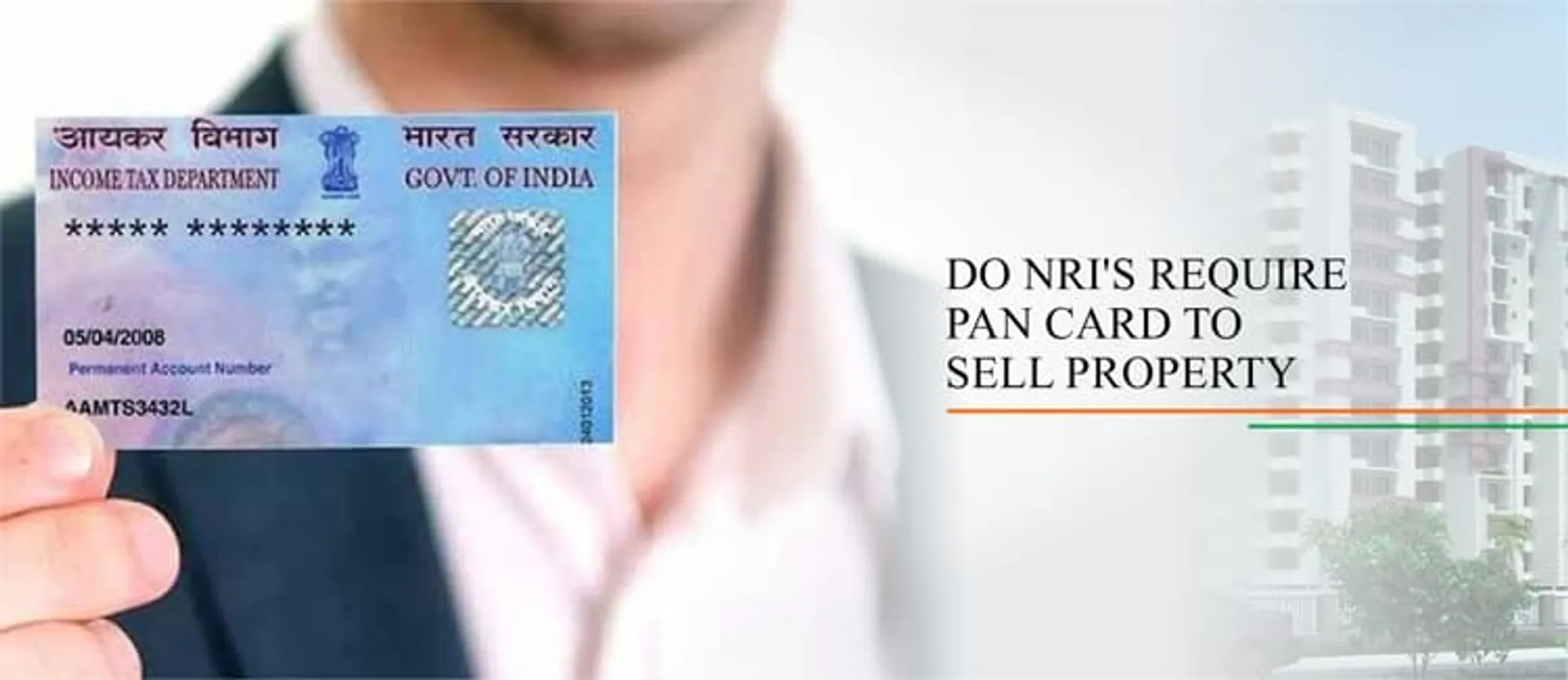Property is an important resource, and for ages, it has been an exceptionally time-consuming and taxing process to sell property in India from overseas. One faces procedural difficulties only due to the dearth of accurate information regarding the process. But in order to encourage greater investment in the real estate sector, the Indian Government has simplified the field of real estate for NRI’s.
PAN or Permanent Account Number has essentially been created in order to regulate and track taxable income in India. This unique ten-digit code is required by NRI’s only when they have a taxable source of income in India.
Due to the huge amount of diaspora abroad, India has started schemes such as Overseas Citizenship of India (OCI) and Person of Indian Origin (PIO) schemes. In order to enter into a property transaction, it is not necessary for an NRI or a PIO (origin being dated up to the fourth generation of ancestry) to have a PAN card. However, if the sale proceeds that an NRI has received have to be repatriated, i.e. if the money has to be sent back to ones home country, an NRI is supposed to require a PAN card for the same. The facility of remitting the proceeds that have been acquired from the sale of property is not available to citizens of Iran, China, Nepal, Bhutan, Pakistan, Afghanistan, Bangladesh and Sri Lanka. Individuals not required to possess a PAN card and are exempted from the same can make a declaration in Form 60 when partaking transactions that require it. Even though a PAN card is not a compulsion, most experts suggest that it is advisable to apply for the same since it is of great aid in order to claim tax exemption after the sale of the property.
Checklist of documents for selling property in India
Hence, the standard document checklist for selling property, apart from the state-specific documentation requirement is as follows –
- Passport, to act as a proof of identity (doesn’t necessarily have to be an Indian passport);
- PAN card, or form 60, for the purpose of tax exemptions
- Address Proof
- Allotment Letter which was initially provided by the developer;
- Sale Deed
- Tax Returns, if an income is accruing from the property and the same is taxable, tax returns for the period should be maintained
- No Objection certificate and other society related documentation
- Encumbrance Certificate
- POI or OCI Card.

